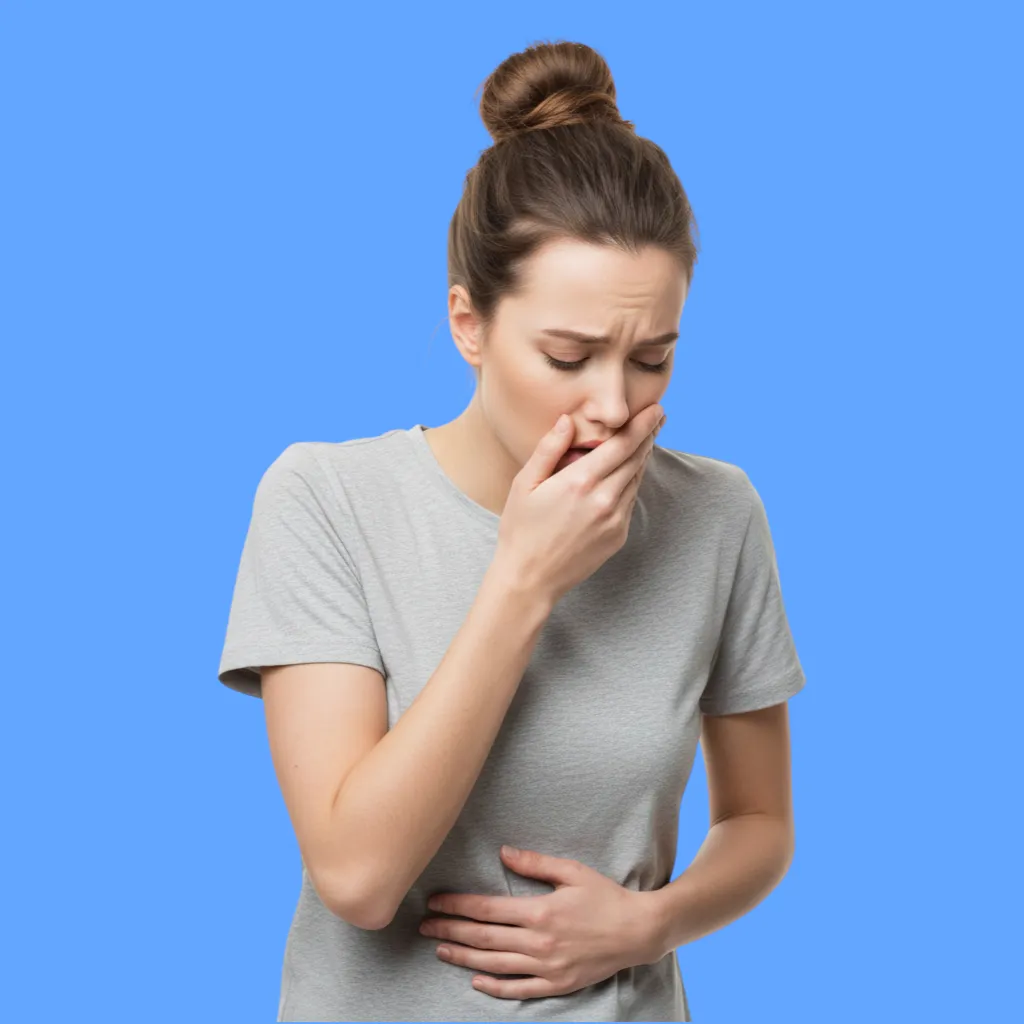What is stomach ulcer disease?
A stomach ulcer is a small wound or erosion that occurs in the inner lining of the stomach due to the impact of digestive acids.
At first, a person may feel slight discomfort after eating, but over time, this discomfort can turn into a burning pain in the middle of the abdomen, especially when the stomach is empty.
The condition is not rare and affects people of all ages, but it is more common among adults. It is often linked to factors such as stress, the use of certain medications, or infection with a stomach bacterium known as Helicobacter pylori (commonly called stomach bacteria).
What are the causes of stomach ulcer disease?
There are several common causes of stomach ulcer disease, including:
- Infection with Helicobacter pylori, which weakens the stomach lining.
- Long-term use of anti-inflammatory drugs such as aspirin or ibuprofen.
- Chronic psychological stress that affects stomach acid secretion.
- Smoking, which reduces the stomach's ability to heal.
- Excessive alcohol consumption.
- Overeating spicy or acidic foods.
- A family history of stomach ulcers.
What are the common symptoms of stomach ulcer?

There are several common symptoms that a patient may experience, including:
- Burning stomach pain, especially between meals or at night.
- Feeling bloated or full after eating a small amount of food.
- Nausea or vomiting.
- Loss of appetite or unexplained weight loss.
- Blood in vomit or stool (a sign of serious complications).
When should you see a doctor?
It is advised to see a doctor immediately if any of the following occur:
- Persistent pain for more than a week without improvement.
- Blood in vomit or stool.
- Noticeable weight loss without a clear reason.
- Difficulty swallowing or feeling of blockage.
- Severe fatigue or dizziness.
How is stomach ulcer diagnosed?
The condition is diagnosed using several methods, including:
- Endoscopy: A procedure where a thin tube with a camera is inserted to directly examine the stomach.
- Helicobacter pylori test: Through blood, stool, or breath analysis.
- X-ray with barium contrast: To image the upper digestive tract.
- Blood tests: To detect anemia caused by internal bleeding.
What are the treatment options for stomach ulcer?
There are several ways to treat the condition, including:
- Antibiotics: To treat Helicobacter pylori infection.
- Proton pump inhibitors (PPIs): To reduce stomach acid production.
- Antacids: For quick symptom relief.
- Stomach lining protectors such as sucralfate.
- Lifestyle changes: Like reducing stress and avoiding irritating foods.
Can stomach ulcers be cured?
Yes, stomach ulcers can be completely cured if the patient follows the proper treatment and avoids the underlying causes.
Most cases improve within a few weeks, but some may require long-term follow-up if the ulcer is chronic or recurrent.
What are the prevention tips for stomach ulcer?
Here are some tips to help prevent the condition:
- Avoid taking anti-inflammatory medications without medical advice.
- Quit smoking.
- Reduce alcohol intake.
- Avoid spicy or acidic foods.
- Eat slowly and chew food well.
- Manage stress through exercise or meditation.
- Get regular checkups if there is a family history of ulcers.
What are the possible complications of stomach ulcer?
Some complications may occur if the condition is left untreated, such as:
- Internal bleeding.
- Perforation of the stomach wall.
- Blockage in the digestive tract.
- Chronic inflammation of the stomach lining.
- Anemia due to blood loss.
Frequently asked questions about stomach ulcer
Can ulcers go away without treatment?
Rarely, and they usually require medical treatment.
Do stomach ulcers affect pregnancy?
They may cause discomfort but can be managed with safe medications.
Can I drink coffee?
It's better to reduce intake as it may worsen symptoms.
Do ulcers cause cancer?
Very rarely, and only if neglected for a long time.